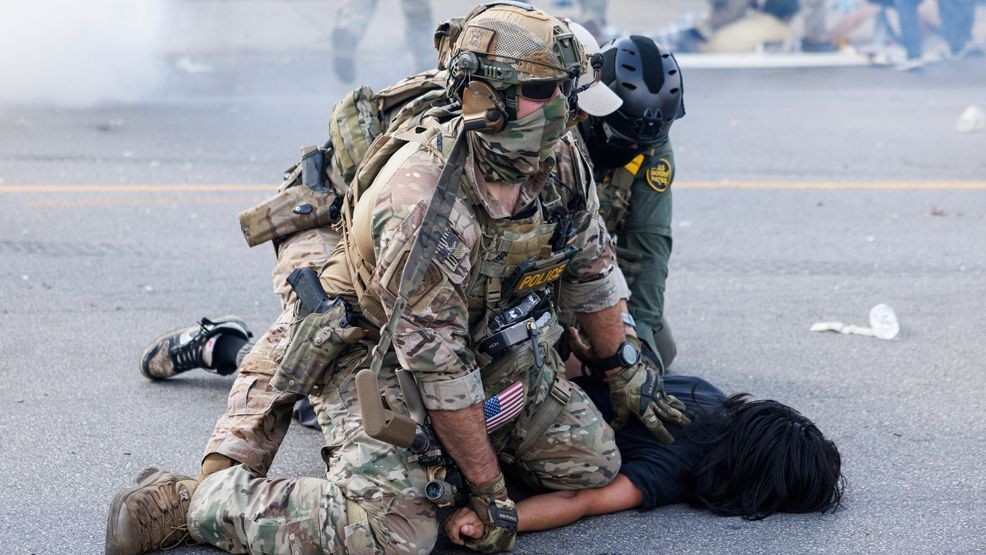San Antonio — SAN ANTONIO: We’ve all seen the controversial images of ICE carrying out the law at a different pace than we have seen before. Today, FOX San Antonio takes you on a ride along with the men and women of ICE right here in San Antonio.
It’s 6 a.m., and before most of the city wakes up, ICE agents are already on the move. Their targets: immigrants with outstanding deportation orders and criminal histories.
Our ride-along started just hours before shots were fired at an ICE facility in Dallas, where two migrants in custody ended up dead at the hands of a gunman professing his hate for ICE agents, a reminder of the growing danger both agents and migrants face as tensions rise.
“This morning we’re looking for a male foreign national, about 35, who absconded from another field office and is now in the San Antonio area,” said Miguel Vergara, Field Office Director for ICE’s Enforcement and Removal Operations (ERO).
Each address is carefully checked, and every approach coordinated, part of an operation ICE has been running constantly since President Trump took office.
“ICE is working seven days a week, 24/7,” an agent told FOX San Antonio.
While agents say their focus is public safety, every knock on a door carries risk and scrutiny.
“We’re public servants, employees of the U.S. government. This is what the American people voted for, to have us out in the street enforcing laws passed by Congress,” said Vergara.
Vergara says criticism and even hostility come with the badge. During our ride-along, a woman in an upscale neighborhood cursed at the agents for stopping in the middle of her street to pick up a target.
“There is no need for confrontation,” Vergara said. “ICE officers are out here every day enforcing the law, doing the job to the best of their ability, often under incredible adverse circumstances, without injury to either alien or officer. To me, that’s just great.”
Treating people in custody humanely is part of the job. But when that line is crossed, as seen in a viral New York video showing a woman being slammed to the ground while pleading for her husband’s release, agents can end up under investigation or placed on administrative duty.
Vergara says the job now puts their own families at risk as some members of the public fail to separate duty from personal life. That’s why, he says, many ICE agents choose to cover their faces for safety, not secrecy.
“There are people out there actively looking to get us on video, find our personal information, protest at our homes, vandalize property, and even attack family members,” Vergara said.
Not every case ICE handles is clear-cut. Vergara says officers often face difficult choices when families are involved. Agents consider a person’s background, including their length of stay in the country, and whether children or spouses will be impacted. Each decision, he says, weighs heavily on those enforcing the law.
“Sometimes it’s a difficult decision because we all have families,” Vergara said. “But they are here in violation of the law, and there are consequences for their actions.”
When asked what his number one concern is at the end of the day, Vergara didn’t hesitate.
“Everybody going home safe,” he said. “I want to go home tonight. I want to be a husband, a father. I want everyone on my team to go home, and I also want those in our custody to be safe. We’re responsible for their welfare.”
